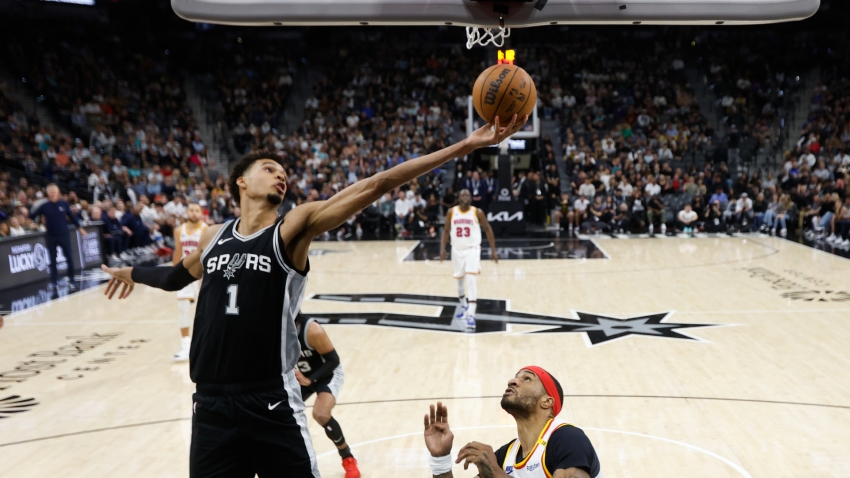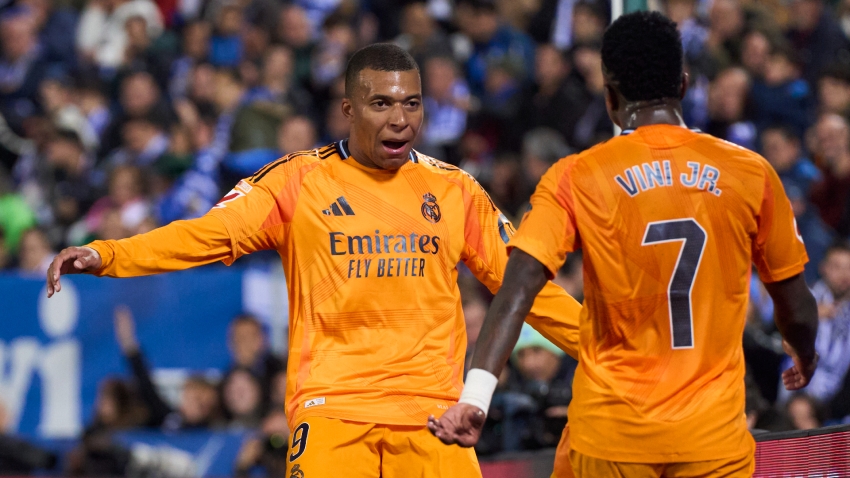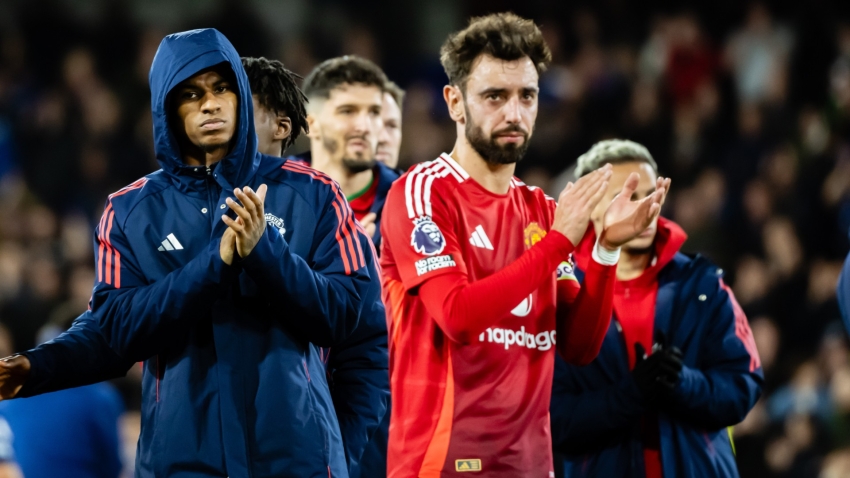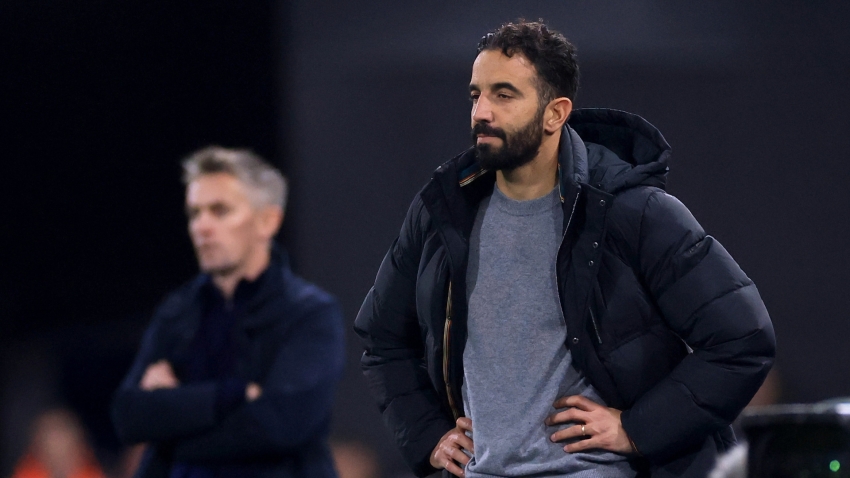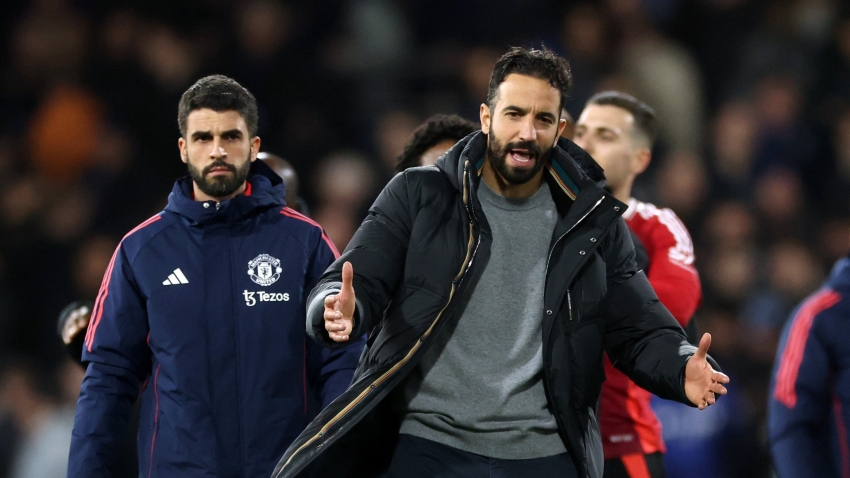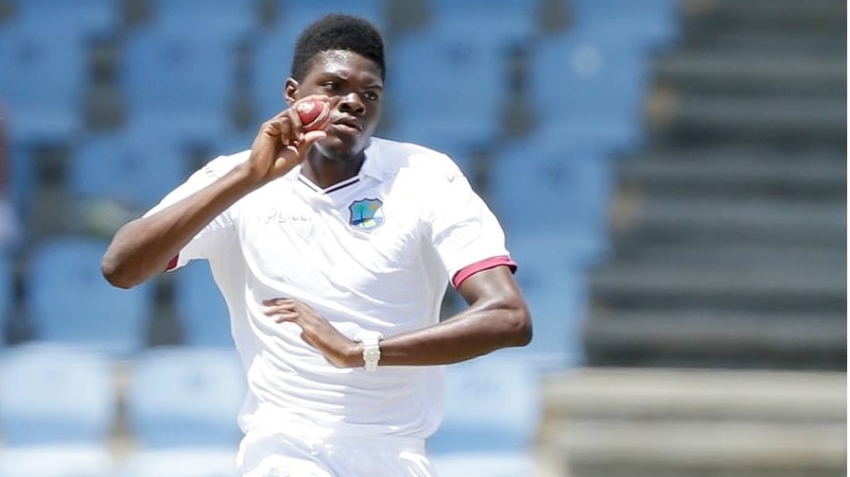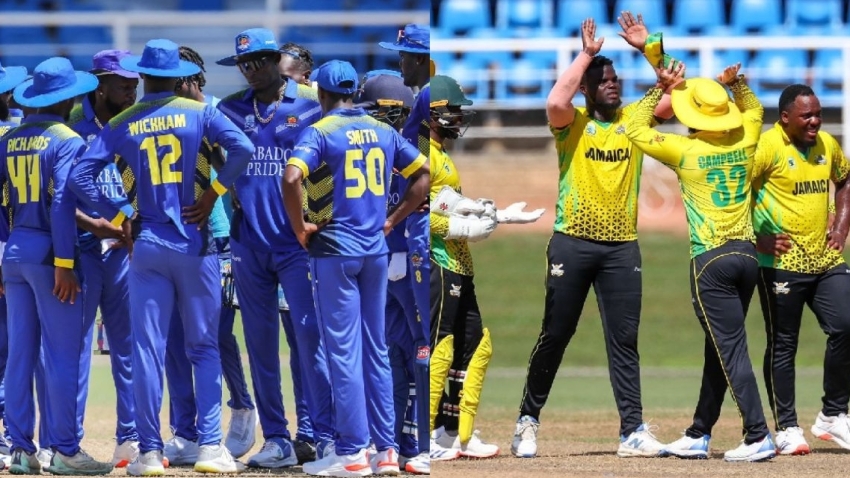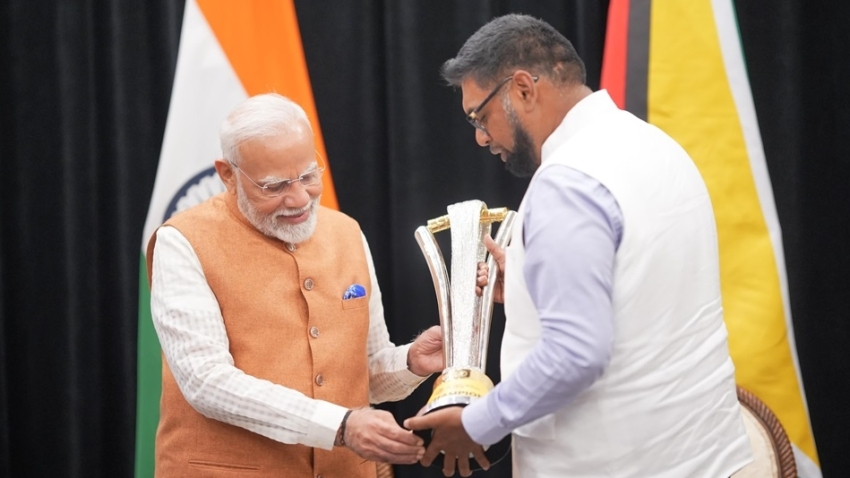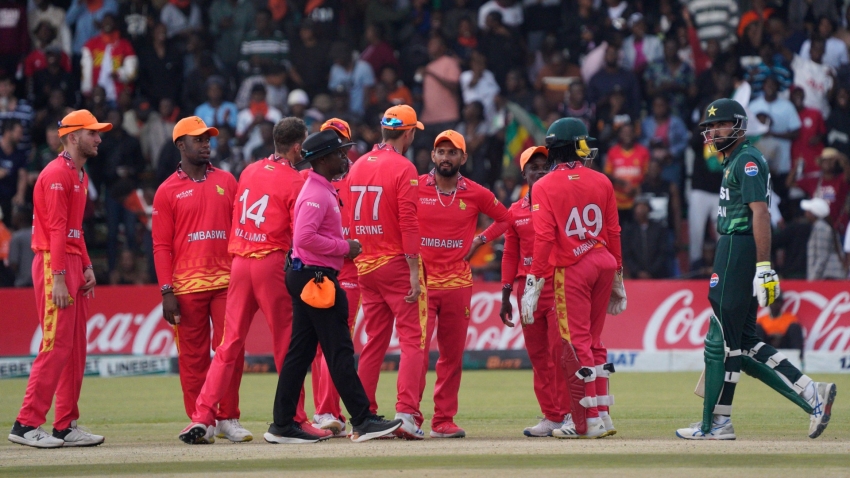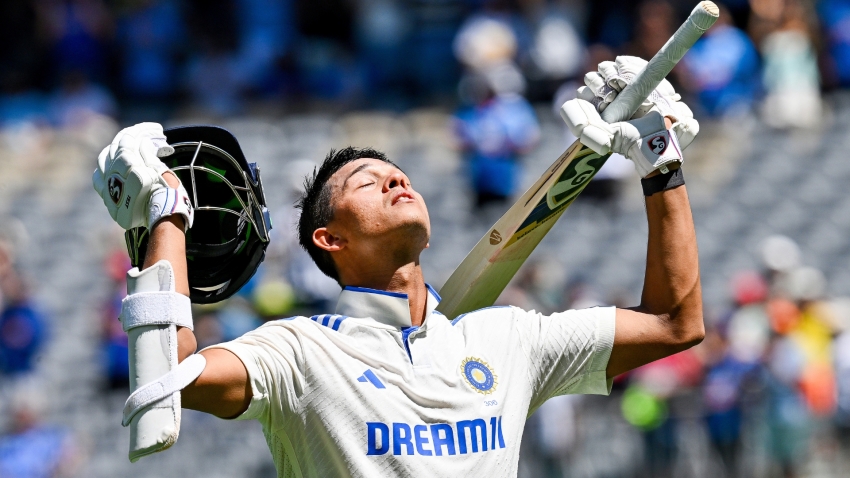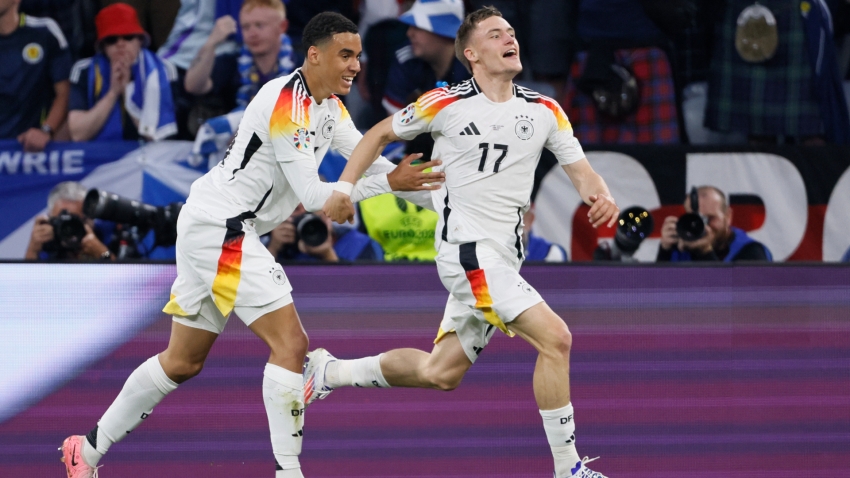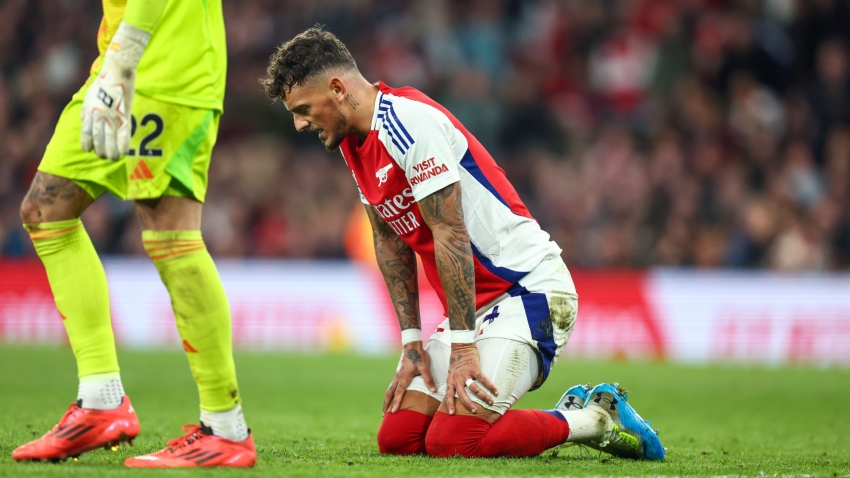Germany enjoyed a wonderful start to their home Euro 2024 campaign on Friday as they thrashed 10-man Scotland 5-1 in Munich.
A huge contingent of Scotland fans packed into the Allianz Arena in hope of witnessing their country's first major tournament victory since Euro 1996, but they were stunned into silence as Florian Wirtz and Jamal Musiala put Germany two goals up inside 19 minutes.
Ryan Porteous was then sent off for a dismal lunge on Ilkay Gundogan shortly before half-time, allowing Kai Havertz to kill the game as a contest from the penalty spot.
Niclas Fullkrug came off the bench to score a tremendous fourth for Julian Nagelsmann's hosts, though Antonio Rudiger's own goal gave Scotland's supporters some small comfort late on.
However, Emre Can – a late call-up to the squad – added further gloss to the scoreline in stoppage time, giving Germany the biggest ever win in an opening match at the Euros.
Germany needed just 10 minutes to go ahead, with Angus Gunn tipping Wirtz's low strike onto the post and in after Joshua Kimmich found the Bayer Leverkusen star unmarked on the edge of the area.
Within nine further minutes, Germany were two up. Gundogan slipped Havertz into the area, and he kept his cool to tee up Musiala for a slammed finish high into the net.
Gunn made a reflex save to keep out Gundogan's header, but Porteous caught the Barcelona midfielder with a high challenge from the rebound, causing referee Clement Turpin to award a penalty and brandish a red card following VAR review.
Havertz stepped up to take the spot-kick in first-half stoppage time, striking it straight down the middle as Gunn dived left to make it a case of damage limitation for Scotland.
Rudiger's 35-yard strike had Gunn at full stretch early in the second half, then Wirtz sent a half-volley over when presented with a golden chance at the back post.
The outstanding Musiala was involved again as Germany got their fourth after 68 minutes, linking up with Gundogan before Fullkrug blasted his finish into the top-right corner.
Scotland pulled one back with three minutes left as Rudiger put through his own net after a deep free-kick caused a goalmouth scramble, but Can restored Germany's four-goal cushion at the death, curling a 20-yard strike out of Gunn's reach and into the bottom-right corner.
Wirtz and Musiala Germany's shining lights
With an average age of 29 years and 22 days, Nagelsmann named Germany's oldest starting lineup for a World Cup or Euros match since a 1-1 draw with Romania at Euro 2000 (30 years, 86 days).
However, in Wirtz and Musiala, Germany also started two players aged 21 or under at the Euros for the first time since 2004, when Philipp Lahm and Bastian Schweinsteiger faced Czechia.
Their two young guns led the way.
Wirtz's strike made him the youngest player to ever score the opening goal at a European Championship (21 years, 42 days), but Musiala – just over two months Wirtz's senior – refused to be upstaged as he capped a flowing move with a powerful finish for 2-0.
This is the first time two players aged 21 or under have scored for the same team in a Euros match.
Porteous red caps miserable Scotland start
Scotland arrived in Munich targeting their first Euros victory since 1996, having only won two of their previous nine matches at the tournament (two draws, five defeats).
The gulf in quality between the sides was soon apparent, though, as Germany became just the second team to net three first-half goals in a Euros match. France have previously done so twice, scoring three against Belgium in 1984 and four versus Iceland in 2016.
Things barely improved in the second half, with Scotland conceding at least five goals in a competitive match for the first time since November 2003, when they were beaten 6-0 by the Netherlands in a Euro 2004 qualifier.
While this was always likely to be Scotland's toughest assignment, they will also feel the consequences of their display against Switzerland, with Porteous suspended.
He is the first Scotland player to be sent off at a major tournament since Craig Burley versus Morocco at the 1998 World Cup.


